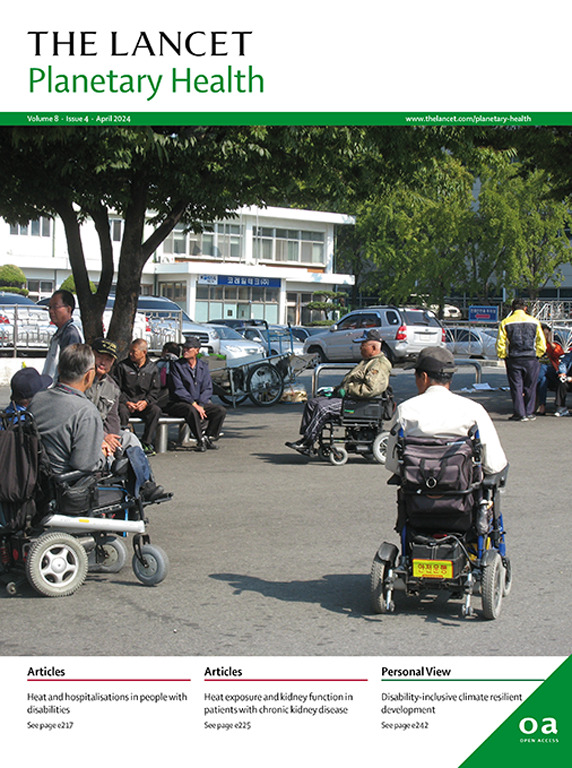
Contemporary Urban Growth
Not only are cities crossing their local environmental boundaries, but as more and more of humanity and its economic activities are concentrated in them, cities are increasingly contributing to the transgression of planetary boundaries. Climate change, biosphere integrity, novel entities, and land-system change are the boundaries most directly affected by cities and urban lifestyle. They also indirectly affect ocean acidification, freshwater change, atmospheric aerosol loading and biogeochemical flows. All this is related to the activity of people in cities, which is reflected in the metabolism of cities. Cities function thanks to resources obtained on a global scale and the pollutants they emit spread on a global scale.
Urban lifestyle
Apart from the cities themselves, in the article the authors also pay attention to the urban lifestyle, which characterises an increasing part of urban inhabitants and people who follow urban lifestyles but live outside cities. Urban lifestyle is manifested by a high level of consumption of material goods, waste of resources, but also an increasing sense of separation from the natural environment. Urban lifestyle is therefore not only about consumption (its level and structure), but also much broader issues, such as values, worldview, attitudes and resources.
All of these issues are of fundamental importance from the point of view of health – both the health of urban inhabitants, and the broader category of public health and even broader – planetary health. Because of these connections, the article was published in a leading journal that pays particular attention to the connections between these different dimensions of health.
The need for degrowth
Degrowth refers to social changes that must accompany technical solutions – much more often discussed in the context of global environmental challenges. These social changes include primarily limiting material consumption and changing attitudes and worldviews. It is necessary to recognize broader connections between consumption and the state of the environment, including global environmental problems. It is necessary to seek solutions aimed at a more equitable distribution of resources on a global scale, aimed at overcoming current inequalities. Although degrowth is discussed primarily in the context of countries in the Global North, cities also focus problems related to inequality in the Global South. Degrowth is therefore also necessary in the context of the consumption of privileged elites in the Global South.
Degrowth addresses three key aspects that connect cities and urban lifestyles to planetary boundaries: reducing production and consumption, connecting people and nature, and including nature (to a more substantial extent) in the design of cities and in what is used and consumed in cities.
The article is available on the magazine's website. The article was created as part of a project financed by the National Science Centre (grant no. 2018/29/B/HS4/01042).
Source: Prof. Jakub Kronenberg
Edit: Faculty Development Centre, Faculty of Economics and Sociology, University of Lodz
